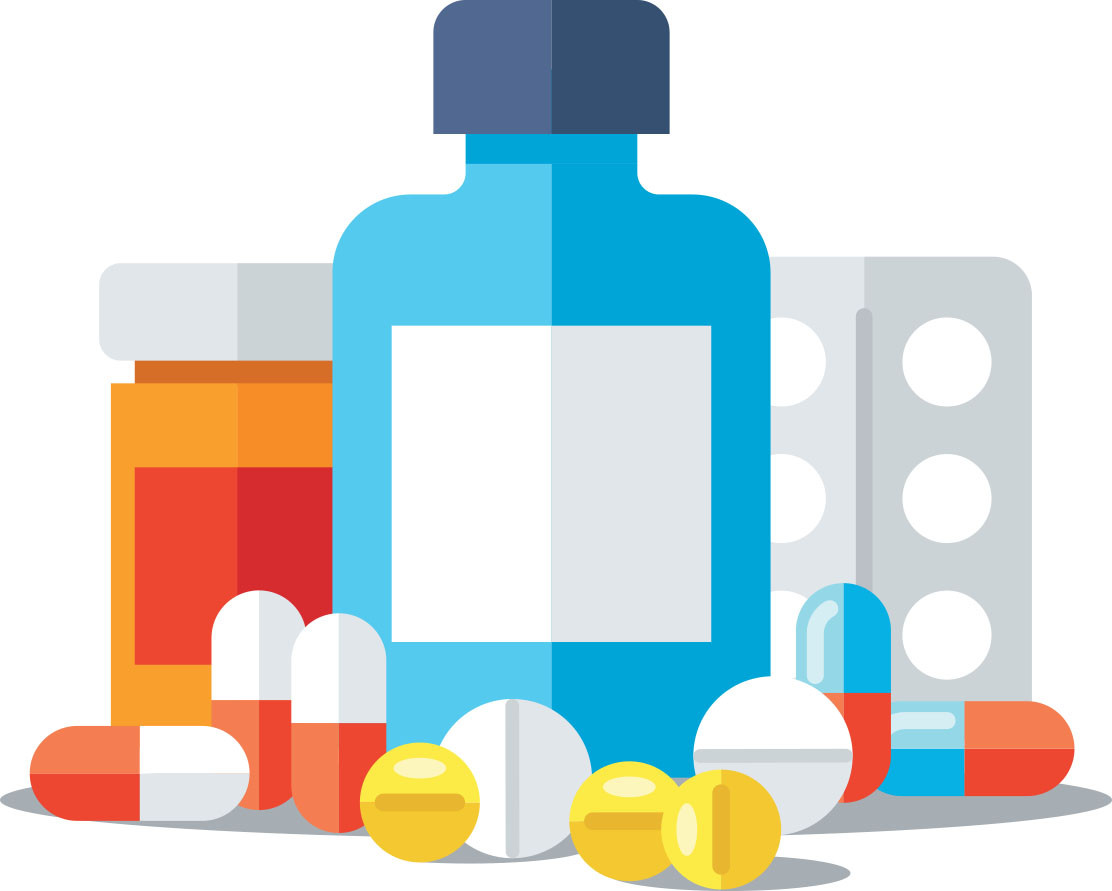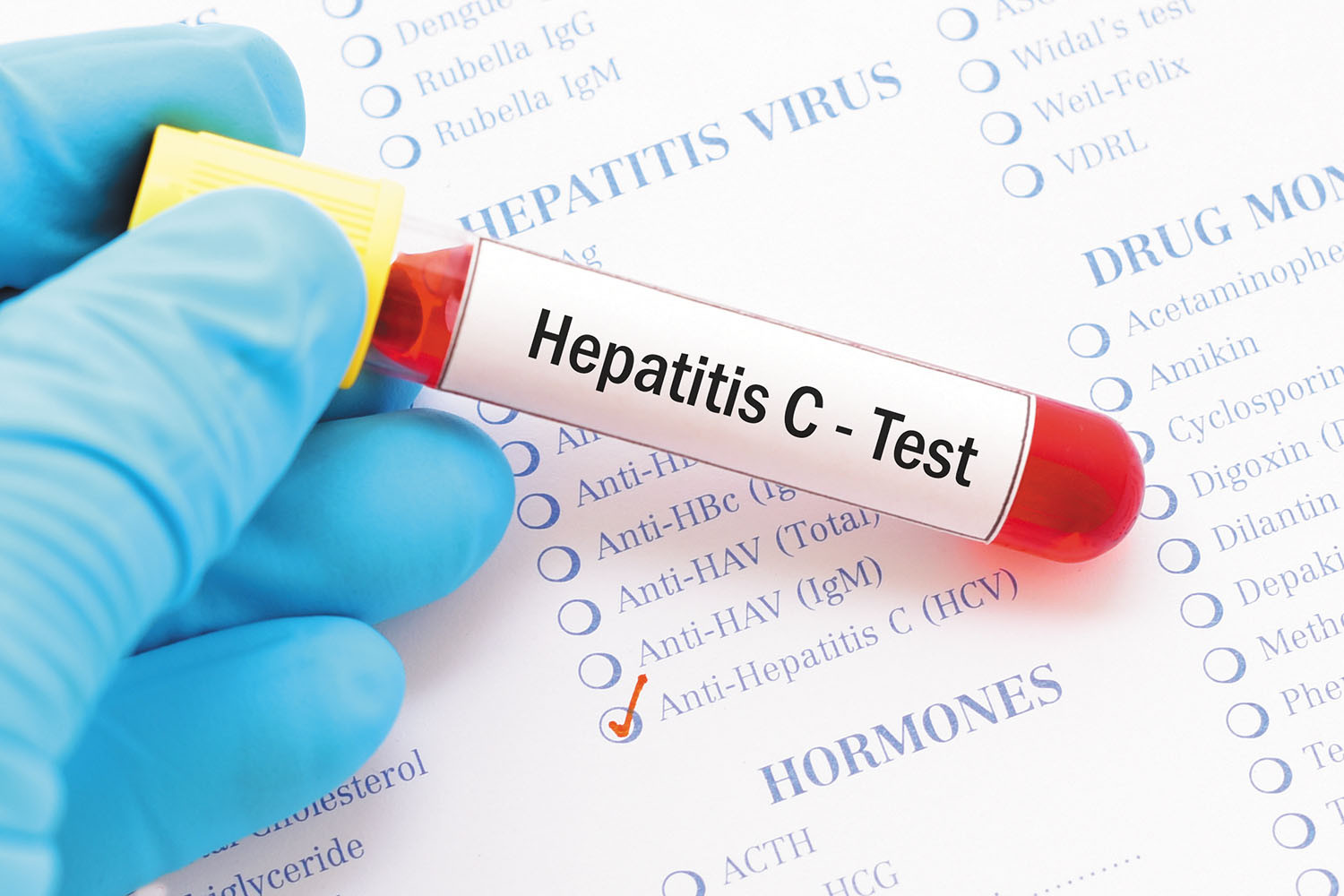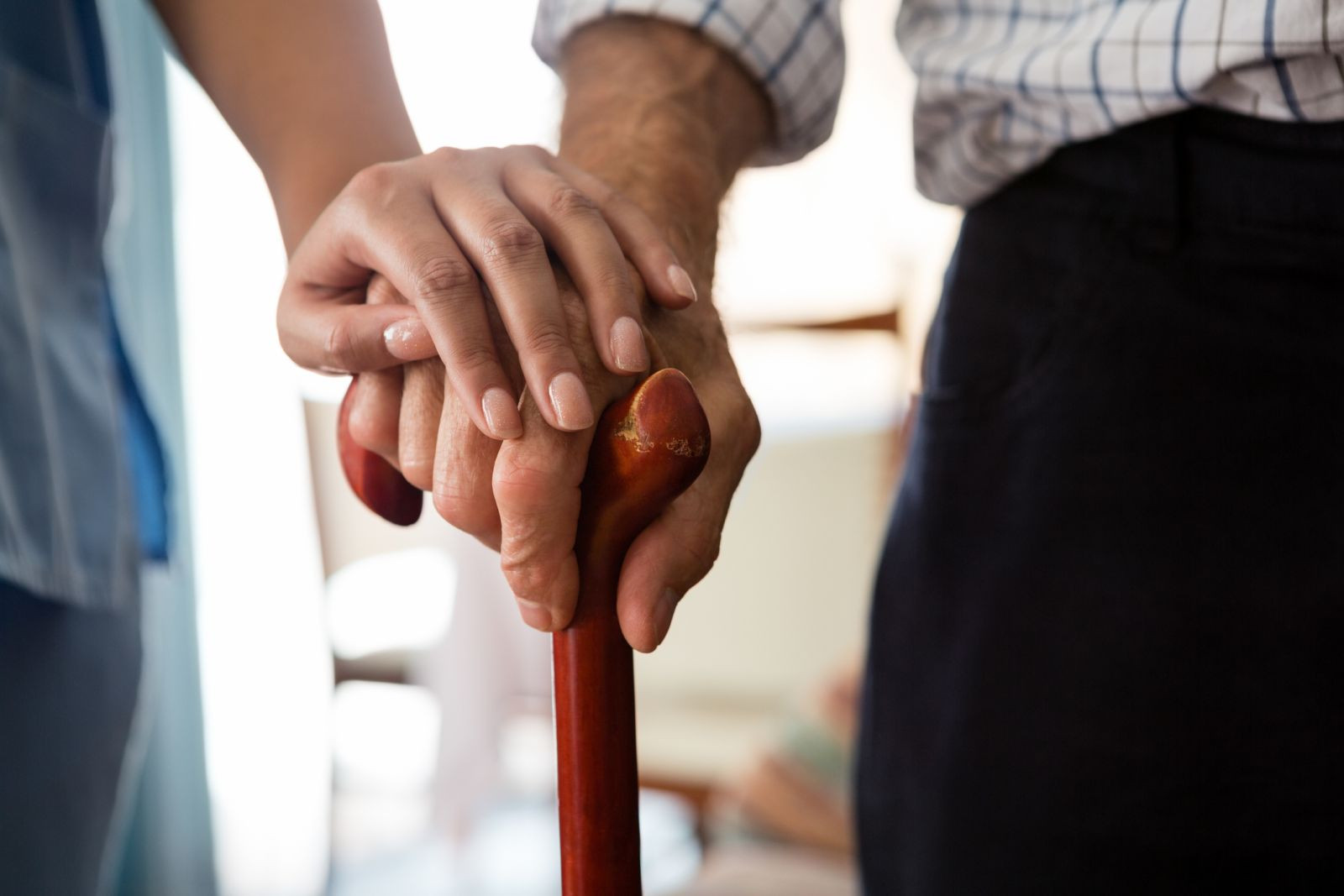
New thinking about plaque in arteries that feed the brain

Want to prevent shifting teeth? Maybe you need retainers

What you need to know about the new dietary guidelines

Food that’s healthier for people and planet can be cheaper, too

New evidence that polyphenol-rich foods help the heart

8 simple ways to reduce ultra-processed foods in your diet

How to curb your stress eating

How to spot Parkinson’s disease symptoms

Heart failure symptoms in women: How they’re different

GERD diet: Foods to avoid to reduce acid reflux
Diseases & Conditions Archive
Articles
Stay safe from superbugs
Understanding superbugs can help you avoid them.
Image: © Manjurul/Getty Images
It used to be that if you got an infection, you could pop an antibiotic pill and rest assured that it could help you fend off your bacterial attacker. But those old tried-and-true pills may not be as effective as they once were, thanks to a rising number of new types of bacteria often referred to as superbugs.
"'Superbug' is essentially a slang term developed by the press that refers to highly antibiotic-resistant bacteria that can cause human infections," says Dr. David Hooper, an infectious disease specialist and professor of medicine at Harvard Medical School.
Hotel pools and hot tubs may bring health risks
Research we're watching
Image: © nd3000/Getty Images
You may want to take precautions if you're planning on swimming or using a hot tub at your hotel on your next vacation. Data released May 18 in the CDC's Morbidity and Mortality Weekly Report shows that these attractions are hot spots for waterborne diseases. In fact, one-third of waterborne disease outbreaks between 2000 and 2014 were traced to hotel pools or hot tubs.
The three main culprits causing infections in swimmers and hot tub users are Cryptosporidium, Pseudomonas, and Legionella. More than half of the outbreaks were caused by Cryptosporidium parasites, which are typically spread when someone ingests water contaminated by a sick swimmer with diarrhea. Legionella and Pseudomonas bacteria, which caused 16% and 13% of outbreaks respectively, cause pneumonia, flu-like illness, swimmer's ear, or a rash. Any one of these conditions can quickly drain the fun from any trip.
What is lupus?
Ask the doctor
Image: © DragonImages/Getty Images
Q. My daughter has just been diagnosed with lupus. What is it, and what can be done to help?
A. A healthy, young patient of mine once asked me what the chances were that she might one day develop a "terrible disease." When I asked her what she meant by "terrible disease," she surprised me: she didn't say a disease that could be fatal, but rather a disease that could attack every part of her body. By that definition, systemic lupus erythematosus (lupus for short) is, indeed, a terrible disease.
Higher vitamin D levels linked to lower risk for diabetes
News briefs
Vitamin D is an essential vitamin; low levels are associated with poor bone and muscle health and other chronic conditions, such as heart disease and cancer. Now, a study published online April 19, 2018, by PLOS One has tied higher vitamin D levels to a lower diabetes risk. Researchers followed 900 older adults (average age 74) for 12 years, checking their vitamin D and blood sugar levels during clinic visits. Compared with people whose blood levels of vitamin D were below 30 nanograms per milliliter (ng/ml), people with vitamin D levels of 30 ng/ml or more had one-third the risk for developing diabetes, and people whose D levels were 50 ng/ml or more had one-fifth the risk. This study does not prove that taking vitamin D supplements to raise blood levels of vitamin D would reduce the risk of diabetes, although that is possible. The Institute of Medicine maintains that a blood level of 20 ng/ml or higher is sufficient for 97% of the population. Other authorities think that levels higher than 20 ng/ml are better for health. Large studies are under way to help resolve these differences of opinion.
Image: © cegli | GettyImages
Baby boomers: Don’t forget hepatitis C screenings
News briefs
Baby boomers are falling short in getting hepatitis C screenings. In 2012, the CDC urged the entire generation of people born from 1945 to 1965 to get this simple blood test, noting that baby boomers are five times more likely to have the virus than other adults. But a study published online March 27, 2018, by the journal Cancer Epidemiology, Biomarkers & Prevention found that only about 13% of baby boomers had been tested by 2015, up just one percentage point from 2013. The information came from national government health surveys. Hepatitis C can lead to cirrhosis, liver damage, liver cancer, and liver failure. Treatments are now available that can cure hepatitis C, if it's caught early enough. Baby boomers are believed typically to have become infected in the 1960s through the 1980s, when transmission of hepatitis C was highest. People at highest risk are those who have used intravenous drugs, had more than one sex partner, or received a blood transfusion before 1992, when the blood test for hepatitis C was first available.
Image: © juststock | GettyImages
Tips to cope when you’re juggling several chronic health issues
Be proactive by learning about and tracking your conditions and medications, and by speaking up when you have concerns.
Image: © PeopleImages/Getty Images
We don't want our golden years to be spent juggling a long list of health issues. But that's the reality for most older adults in the United States.
The CDC reports that 75% of Americans ages 65 or older have several chronic health problems. And a 2013 analysis of Medicare claims published online by Preventing Chronic Disease found that 68% of beneficiaries had two or more chronic conditions and 36% had at least four.
How can I treat stubborn hiccups?
Ask the doctor
Image: © colorcocktail/Getty Images
Q. Home remedies aren't stopping my hiccups. Is there something my doctor can prescribe to help?
A. In the May 2018 issue, I answered a question about hiccups, saying they are common but typically short-lived, and that simple home remedies often can end them. However, I ran out of space to say something about treatments for the very unusual cases of hiccups that don't respond to simple treatments.
Should I get tested for hepatitis C?
On call
Image: © jarun011/Getty Images
Q. I have recently been hearing a lot about getting tested for hepatitis C. I don't think I have any risk factors, but is this something I should consider?
A. Hepatitis C is a viral disease that causes inflammation of the liver. The CDC reports that 75% of all current cases of hepatitis C are in the baby boomer generation and many more are undiagnosed. The reason is that a vast majority of people have no symptoms, such as fatigue, muscle and joint pain, abdominal pain, and nausea.
Alzheimer's guide: Protect your loved one from wandering
One of the most dangerous and distressing symptoms of Alzheimer's is wandering. It may seem unfathomable that a person might suddenly get up at night to go to the post office or leave home at any hour for no apparent reason. But wandering may be prompted by deep-seated memories of work, chores, or hobbies, or a longing to return to a former home.
The inability to control wandering is what often drives families to decide to place a loved one in a nursing home. However, there are some simple measures to prevent wandering that often work well for a time and can even help postpone that difficult decision.
A Harvard Medical School doctor answers a question about hand cramps
Q: I have strong hand cramps that curl my fingers into a claw shape. I can only straighten them by using my other hand. What can I do to keep this from happening?
A: What you describe sounds like carpal spasm. Spasms, or cramps, are involuntary muscle contractions. The most common causes of spasms are overused muscles (in the hands that might be due to writing or typing) and dehydration. Other causes of muscle cramping include low levels of calcium and magnesium.

New thinking about plaque in arteries that feed the brain

Want to prevent shifting teeth? Maybe you need retainers

What you need to know about the new dietary guidelines

Food that’s healthier for people and planet can be cheaper, too

New evidence that polyphenol-rich foods help the heart

8 simple ways to reduce ultra-processed foods in your diet

How to curb your stress eating

How to spot Parkinson’s disease symptoms

Heart failure symptoms in women: How they’re different

GERD diet: Foods to avoid to reduce acid reflux
Free Healthbeat Signup
Get the latest in health news delivered to your inbox!
Sign Up











